Is a top Supreme Court Justice flipping on the GOP base?
Supreme Court Justice Amy Coney Barrett stunned conservatives this week with comments that seemed to distance herself from President Trump and his America First agenda — while offering praise for judicial independence and taking veiled shots at fellow justices during a high-profile appearance in Manhattan.
During a rare and wide-ranging interview with Free Press founder Bari Weiss, Barrett downplayed growing fears that the nation could face a constitutional crisis as President Trump fights to restore executive authority against what he has called “rogue judges” blocking his policies.
“I don’t believe we’re in a constitutional crisis,” Barrett said, rejecting the alarm bells being sounded by critics of Trump. “The Constitution is alive and well. We have functioning courts.”
These remarks are raising eyebrows among Trump supporters, who expected Barrett — one of Trump’s own nominees — to defend his position more forcefully.
Clash Over Trump’s Push to End Birthright Citizenship
Barrett’s most striking moment came when discussing Trump v. CASA, Inc., a landmark case involving the Trump administration’s challenge to lower court rulings that blocked the president’s executive order to end birthright citizenship for the children of illegal immigrants.
Barrett sharply criticized a dissenting opinion from liberal Justice Ketanji Brown Jackson, using what she jokingly described as “spicy” language.
“I usually don’t get fiery just for the sake of it,” Barrett said with a smile. “But I’m from New Orleans — and everyone likes a little Tabasco sometimes.”
When asked if she regretted her bold tone, Barrett was firm:
“No. We simply disagreed about the scope of judicial power. I attack ideas, not people.”
Barrett’s Neutral Stance Frustrates Conservatives
Barrett, who was confirmed to the Supreme Court in 2020 after a heated battle over her faith and conservative values, was widely celebrated as a major victory for the Trump movement.
But her latest comments left some conservatives concerned that she’s shifting toward a more neutral, hands-off approach, especially when discussing activist judges who have repeatedly blocked Trump’s executive orders.
The Trump administration has long criticized these nationwide injunctions, calling them unconstitutional interference with the will of the American people. Trump himself has argued that unelected judges are undermining democracy and border security, particularly on immigration policies.
Barrett, however, declined to fully take Trump’s side.
“Conflicts between presidents and the judiciary are not new,” she said carefully. “Sometimes, the result that the law demands isn’t necessarily what people consider fair.”
Defending the Court – But at What Cost?
Barrett also stressed the importance of Americans trusting the judiciary, even when they dislike its rulings.
“To do this job, you have to have a thick skin,” Barrett said. “You cannot care about outside criticism. The Court’s role is to get it right, even when the decisions are unpopular.”
While this message resonates with some moderates, many conservatives fear that such “above the fray” language may signal a weakening of resolve in the fight to rein in activist liberal judges.
Her comments come at a critical time, as President Trump prepares to reassert control over immigration enforcement, border security, and national sovereignty, with legal challenges mounting in courts across the country.
Promoting Her New Book
The event doubled as a promotional stop for Barrett’s new book, Listening to the Law, which will be released just before the Supreme Court begins its next term in October.
Barrett’s book is being billed as a behind-the-scenes look at how the Court makes decisions, but many will be watching closely to see whether she uses it to further explain her stance on Trump-era policies — or to continue distancing herself from the conservative movement that championed her nomination.
What It Means for Conservatives
For many on the Right, Barrett’s words felt like a wake-up call. Trump’s base expected unwavering loyalty from the justices he appointed, especially as the president pushes back against federal judges blocking his agenda.
Instead, Barrett’s tone struck some as cautious and academic, rather than bold and decisive. This comes at a time when Trump’s fight against illegal immigration, birthright citizenship, and judicial overreach has never been more urgent.
As the Court gears up for a new term, one thing is clear: The battle over the future of America’s legal system — and the limits of presidential power — is far from over.

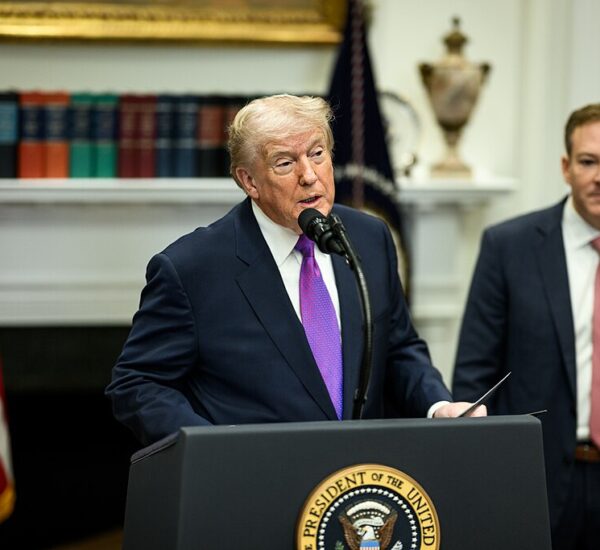
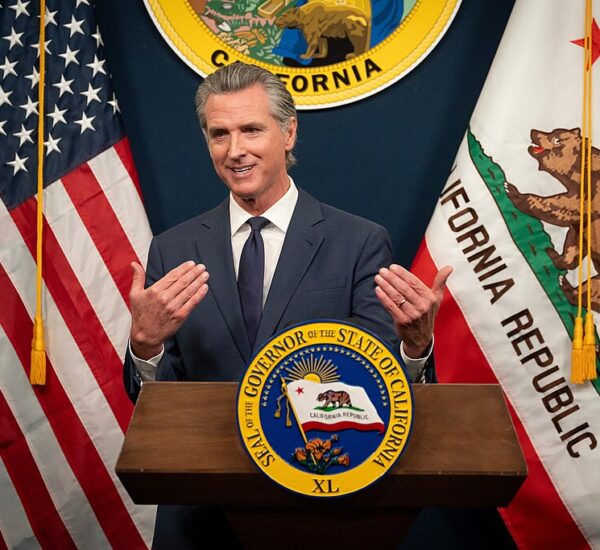
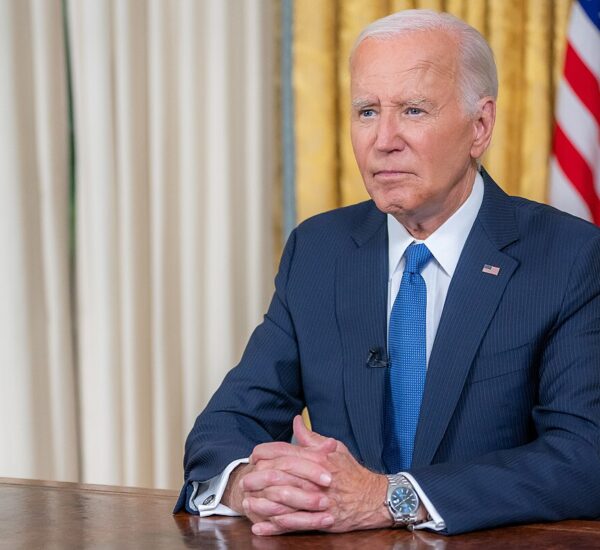

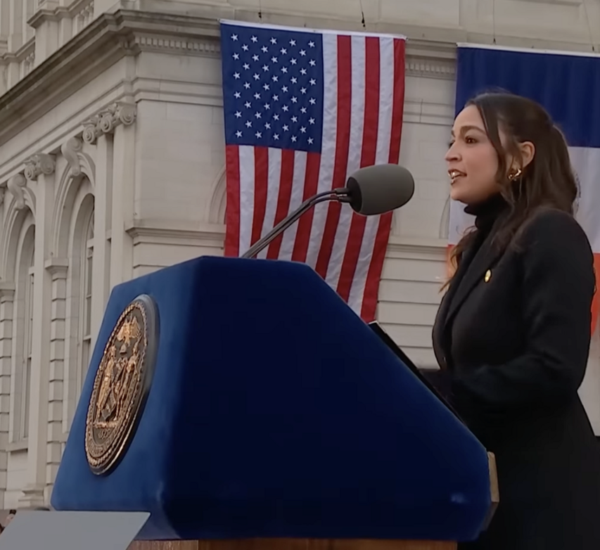
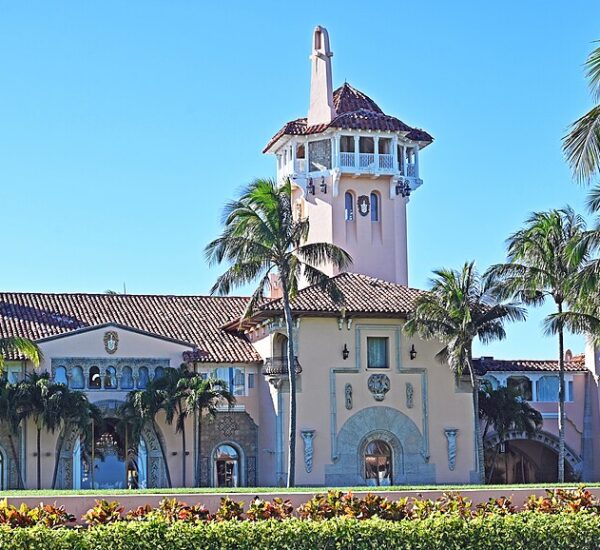
Is ACB trying to promote her book?